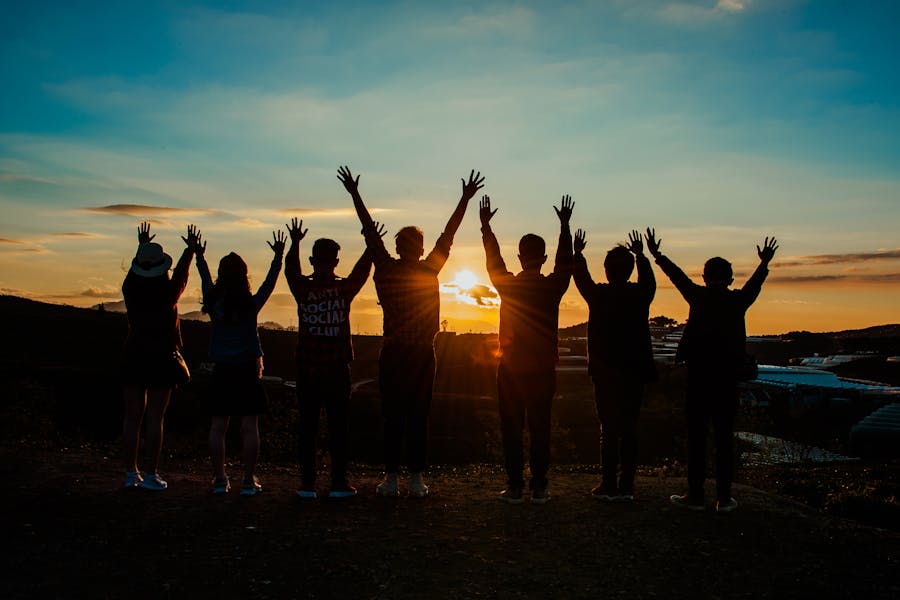Between May 2017 and May 2019, a series of Community Conversations took place at various venues across Charleston. These conversations provided a platform for community members to share their thoughts on how best to honor the ancestors buried near Anson Street. The goal was to ensure that the memorialization of these individuals reflected the collective wishes of the local community, blending historical accuracy with cultural significance.
DNA Research and Public Engagement
One notable event, Egungun Tunji: Ancestors Rise Again!, was held on February 27th and attracted significant attention. Robert Behre and Lauren Petracca, from the Charleston Post & Courier, were in attendance as we unveiled the DNA test results for the participants involved in the research. Dr. Schurr and Ms. Fleskes, who had conducted the DNA analyses, presented their findings, providing a deeper understanding of the genetic makeup of the individuals and their potential African roots. Architect Rodney Leon, known for his work on the New York African Burial Ground Memorial, also shared insights into his design process and the importance of memorializing African ancestors. This event provided a powerful moment for community members to engage with the project on a personal level, as seen in the emotional reaction of La’Sheia Oubre when she opened her DNA results as part of the Anson Street African Burials research.
Memorial Design: Bringing History to Life
In the fall semester of 2018, Professor Nathaniel Walker’s students at the College of Charleston took part in a project to design a memorial for the Anson Street burials. The students’ proposals, which were inspired by the rich cultural and historical significance of the site, were exhibited at two prominent locations: the Addlestone Library at the College of Charleston and the City of Charleston’s Cannon Street Arts Center. This public exhibition not only showcased the creativity of the students but also invited the community to consider various design options for a memorial that would honor the lives of those who had been buried at Anson Street.
These community-driven initiatives played a vital role in shaping the Anson Street African Burials Project, ensuring that the reburial process and the memorialization of these ancestors was guided by the collective voice of the Charleston community.


